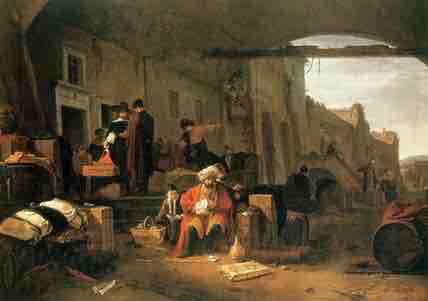Wholesale merchants, agents, and brokers are essential elements of the wholesale business. They help move goods between producers and retailers and the advent of modern technologies help them do this more efficiently.
A wholesale merchant operates in the chain between the producer and the retail merchant. Some wholesale merchants only organize the movement of goods rather than move the goods themselves. Limited service merchant wholesalers take title to the merchandise and assume the risk involved in an independent operation. They buy and resell products and offer a limited range of services. Since wholesale activities can be assumed by the suppliers themselves, those merchant wholesalers who have remained viable have done so by providing improved service to suppliers and buyers. To do this at low cost, modern technologies must be increasingly integrated into the wholesale operation.
In the wholesale business, wholesale agents and brokers do not take title to the merchandise being marketed, they only bring buyers and sellers together and negotiate the terms of the transaction. Agent merchants represent their the buyer or seller, usually on a permanent basis; brokers bring parties together on a temporary basis. Brokers have the tools and resources to reach the largest possible base of buyers. They then screen these potential buyers for revenue that would support the potential acquisition. An individual producer, on the other hand, especially one new in the market, probably will not have the same access to customers as a broker. Another benefit of using a broker is cost—they might be cheaper in smaller markets, with smaller accounts, or with a limited line of products.

A Merchant
Merchants from Holland and the Middle East trading.